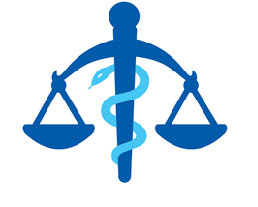Fact 1: The right to health

The human right to health is laid out in:
- the Constitution of WHO (1946)
“The enjoyment of the highest attainable standard of health is one of the fundamental rights of every human being without distinction of race, religion, political belief, economic or social condition.” - the Universal Declaration of Human Rights (1948), Art. 25
“Everyone has the right to a standard of living adequate for the health and well-being of himself and of his family, including food, clothing, housing and medical care and necessary social services, and the right to security in the event of unemployment, sickness, disability, widowhood, old age or other lack of livelihood in circumstances beyond his control.” - the International Covenant on Economic, Social and Cultural Rights (1966)
“The States Parties to the present Covenant recognize the right of everyone to the enjoyment of the highest attainable standard of physical and mental health.”
These 10 facts summarize key issues on refugee and migrant health in the WHO European Region.



